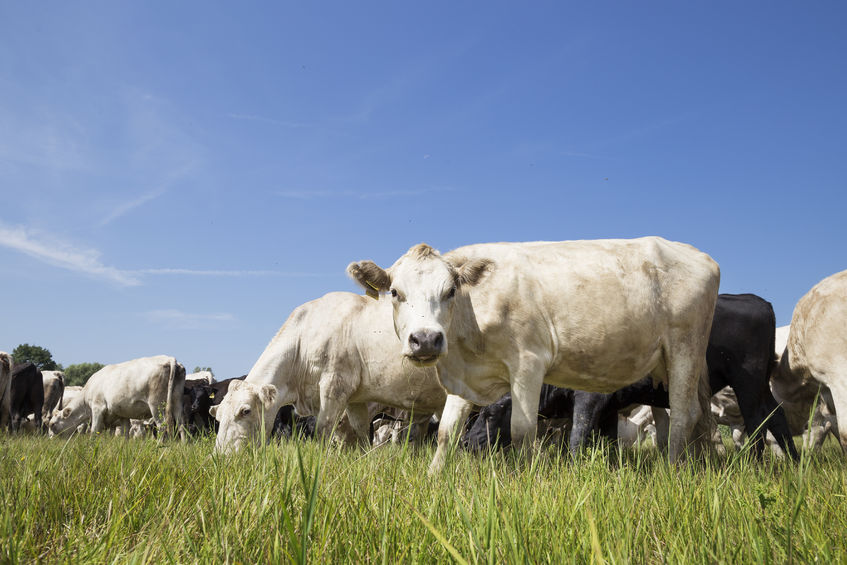
The Livestock Information Service has the potential to transform the livestock sector through greater transparency and data sharing, NFU President Minette Batters has said.
The new service, which is to be launched from the end of this year, will provide the foundation for some of the best farm to fork traceability in the world.
It will use electronic IDs to collect animals’ medical information and track their movements across the country.
The service hopes to add value for the livestock sector, as well as providing a statutory service that will better protect against disease and bolster trade negotiations.
With the UK currently due to leave the EU on 29 March, and with the Agriculture Bill making its way through Parliament, Mrs Batters highlighted that the Bill has a 'huge part' to play in improving how data is used in order to increase productivity and transparency in the supply chain.
She said: “Britain has the potential to be the number one supplier of choice globally. If we are to build upon our reputation of producing some of the best meat in the world, we need to be on the front foot when it comes to quality, accurate, easy-to-use data.
“By putting food safety, animal health and welfare and environmental enhancement at its core, the Livestock Information Service can help build productivity, drive a progressive UK livestock industry after we leave the EU and underpin the quality of Brand Britain.
“Looking more widely at the farming industry as a whole, the Agriculture Bill provides an opportunity to change the way we collect and use information to enhance British food production, benefitting farmers, government, the wider supply chain and, most of all, the British public,” she added.
Contributions have been made from industry stakeholders over the past year through a partnership called the Traceability Design User Group (TDUG), which is creating the service.
